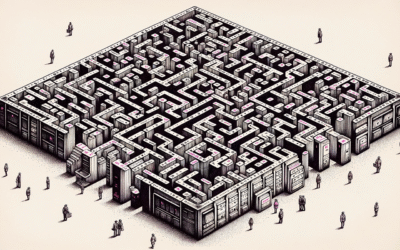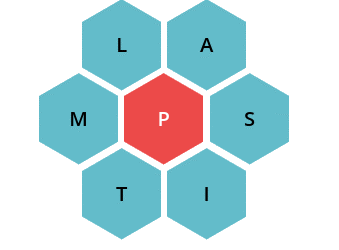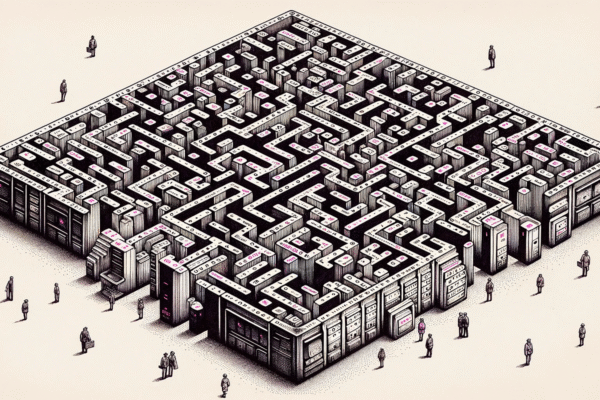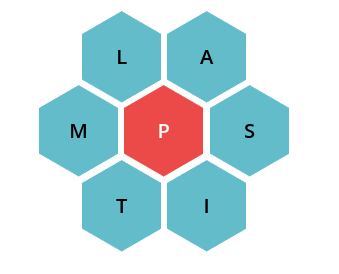

Israel-Lebanon Conflict Escalates: Today’s Israel Attack on Lebanon

Focus Keyphrase: Israel Attack Lebanon Today
The geopolitical landscape in the Middle East is complex, and one of the most tense and enduring conflicts in the region is the one between Israel and Lebanon. Today, the situation has escalated once again, with reports of an Israeli attack on Lebanon making global headlines. This article delves into the details of today’s events, examines the historical context, and explores the potential ramifications for the region.
Background: Israel-Lebanon Conflict Overview
To understand the significance of today’s Israel attack on Lebanon, it’s essential to look at the long history between the two nations. Relations between Israel and Lebanon have been fraught with tension, primarily stemming from the establishment of Israel in 1948 and the subsequent wars, invasions, and retaliations.
Hezbollah, a powerful political and military group based in Lebanon, has been a major player in the conflict. Backed by Iran and Syria, Hezbollah has engaged in numerous confrontations with Israel, particularly in southern Lebanon. The most significant recent conflict occurred in 2006, during the Lebanon War, where Hezbollah and Israeli forces clashed for over a month, resulting in widespread destruction and casualties.
In the years since, while there has been no full-scale war, skirmishes, airstrikes, and other military engagements have periodically flared up, keeping tensions high between the two neighbors. Today’s attack by Israel on Lebanon is the latest development in this ongoing saga.
Details of Israel’s Attack on Lebanon Today
Reports indicate that Israel launched airstrikes targeting Hezbollah positions in southern Lebanon. The Israeli Defense Forces (IDF) have claimed that the attack was in retaliation for rocket fire from Lebanese territory into northern Israel earlier today. This rocket fire was reportedly carried out by Hezbollah militants, although Hezbollah has yet to officially confirm responsibility for the attack.
The airstrikes targeted key infrastructure believed to be used by Hezbollah for launching attacks on Israel. In addition to Hezbollah bases, reports suggest that civilian infrastructure was also affected, with some homes and agricultural land sustaining damage. Casualty reports are still emerging, but it is feared that several people have been injured or killed as a result of the airstrikes.
Why the Situation is Escalating Now
Several factors may have contributed to today’s escalation in the Israel-Lebanon conflict. One key reason could be the broader regional tensions involving Iran, Hezbollah’s main backer, and Israel. As the rivalry between Israel and Iran has grown in recent years, so too have the proxy conflicts in which the two nations are involved.
Hezbollah, often seen as Iran’s most powerful proxy in the region, has been a central figure in this indirect confrontation. As Iran faces growing international pressure over its nuclear program and regional influence, Hezbollah’s actions in Lebanon may be part of a broader strategy to apply pressure on Israel and its allies.
Additionally, domestic political factors in both Israel and Lebanon could be contributing to the recent uptick in violence. In Israel, political instability following multiple elections in recent years has led to a more volatile security situation. In Lebanon, the ongoing economic crisis and political dysfunction have left the government weakened, making it more difficult to control groups like Hezbollah.
Regional Reactions and International Concerns
Today’s Israel attack on Lebanon has drawn swift reactions from regional and international actors. The United Nations, which has a peacekeeping force stationed in southern Lebanon, has called for immediate de-escalation and urged both sides to avoid further provocations.
Lebanon’s government has condemned the Israeli airstrikes, calling them a violation of Lebanese sovereignty. The Lebanese army has reportedly been put on high alert, though it remains unclear if there will be any direct military response from Lebanon itself, given the country’s current internal challenges.
Meanwhile, Israel has reiterated its right to defend itself from Hezbollah attacks and warned that it will continue to respond forcefully to any aggression from Lebanese territory.
Internationally, the United States, the European Union, and other key players have expressed concern over the potential for further escalation. Given the already fragile state of the region, any significant conflict between Israel and Lebanon could have ripple effects, involving other actors like Iran, Syria, and even Russia or the United States, depending on how events unfold.
Potential Consequences for the Region
The consequences of today’s Israel attack on Lebanon could be significant, both for the two countries directly involved and for the wider Middle East. If the violence escalates into a larger conflict, it could destabilize Lebanon even further, a country already grappling with economic collapse and political turmoil. This could lead to a humanitarian crisis, with civilians in southern Lebanon bearing the brunt of the violence.
For Israel, an extended conflict with Hezbollah would likely mean a protracted military engagement, with the possibility of rocket attacks on Israeli cities increasing. This could lead to significant civilian casualties and widespread disruption.
Moreover, if Iran becomes more directly involved in the conflict through its support of Hezbollah, the situation could escalate into a broader regional war, drawing in other Middle Eastern powers and possibly even international intervention.
Conclusion
Today’s Israel attack on Lebanon marks yet another dangerous escalation in the long-running conflict between the two countries. While the immediate causes of the violence are clear, the broader regional and international context suggests that this could be part of a much larger and more dangerous confrontation.
With both sides showing no signs of backing down, the world will be watching closely to see if diplomacy can prevail or if the region is on the brink of yet another devastating war. For now, the focus remains on preventing further bloodshed and ensuring that today’s events do not spiral into a full-scale conflict that could have far-reaching consequences for the entire Middle East.

















